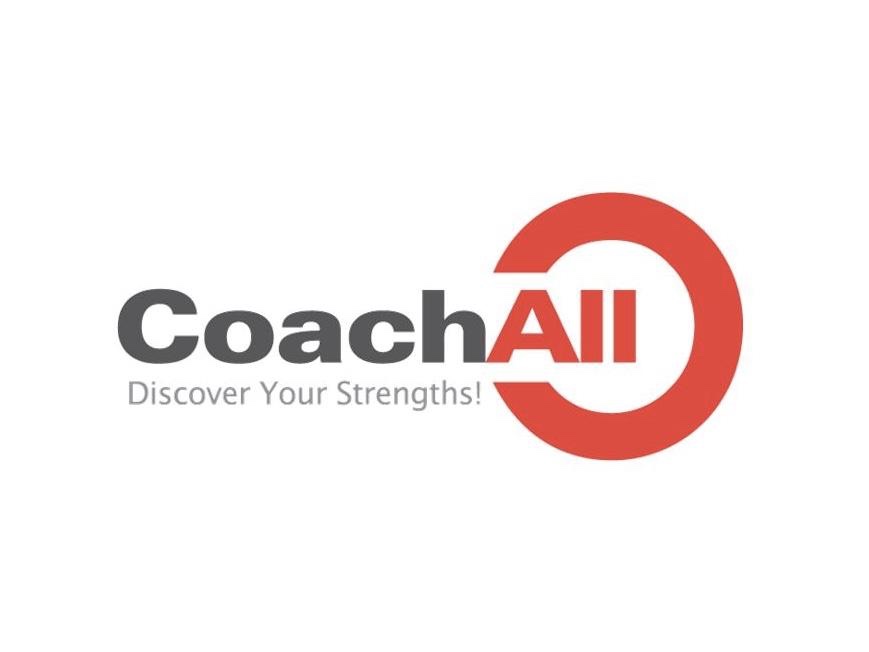| 일 | 월 | 화 | 수 | 목 | 금 | 토 |
|---|---|---|---|---|---|---|
| 1 | 2 | 3 | 4 | 5 | 6 | 7 |
| 8 | 9 | 10 | 11 | 12 | 13 | 14 |
| 15 | 16 | 17 | 18 | 19 | 20 | 21 |
| 22 | 23 | 24 | 25 | 26 | 27 | 28 |
- 현징증심 코칭심리학
- 떠도는 마음 사용법
- 실행력을 높이는 코칭심리학 수업
- Effectiveness Coaching
- 코칭심리학 공부방
- Effectiveness Coaching Methodology
- 씽킹 파트너
- 생각 파트너 이석재
- 3S-FORM Coaching Model
- 코치올
- 관점 코칭
- 이종서 코치
- 관점 전환
- 증거기반코칭
- 경영심리학자의 효과성 코칭
- thinking partner
- Sukjae Lee Ph.D.
- 생각 파트너 이석재생
- Coach Sukjae Lee
- 3S-FORM Coaching Model과 뇌과학의 결합
- 효과성 코칭
- 코칭방법론
- 미위마인드 mewemind.com
- 원하는 결과
- 현장중심 코칭심리학
- 효과성 코칭 모델
- 효과성 프레임워크
- Effectiveness Coaching Model
- 결정적 행동
- 효과성 코칭 방법론
- Today
- Total
코치올
What is the Effectiveness Coahing Methodology? 본문
Sukjae Lee Ph.D.
Creator of the Effectiveness Coaching Methodology
2025. 11. 15
Effectiveness Coaching mainly relies on a unique methodology originally developed by Dr. Sukjae Lee, and also integrates various evidence-based frameworks, techniques, and best practices from behavioral science and positive psychology to ensure measurable and sustainable results(Lee, 2014; 2020; 2023). The methodology is highly integrated, client-centric and outcome-oriented.
Key methodologies and principles of effectiveness coaching include:
- ABC Framework: One specific methodology developed by coach Sukjae Lee(also refer to as Dr. Sukjae Lee or Dr. Seokjae Lee, 2014; 2020; 2024) uses an A (Antecedent/Trigger), B (Behavior), C (Consequence/Result) framework to understand and modify behavior through understanding the cause-and-effect relationships.

- Solution-Focused Coaching: This approach emphasizes exploring solutions and future possibilities rather than dwelling on the details of past problems, focusing on what is working well and how to do more of it.
- Appreciative Inquiry (AI): A strengths-based approach that focuses on discovering strengths, dreaming possibilities, designing solutions, and delivering results.
- GROW Model: A widely used framework for goal setting and problem-solving, guiding the client through 4 steps of coaching approach: Goal, Reality, Options, and Will.
- Goal Orientation and Measurement: The process starts with defining clear, specific, and measurable goals or Key Performance Indicators (KPIs). Regular assessments and feedback are used to track progress and ensure alignment with desired outcomes.
- Active Listening and Powerful Questioning: Coaches use active listening to understand the client's perspective deeply. They use powerful, open-ended questions to foster self-awareness and help clients generate their own insights and solutions, rather than giving directives.
- Client Ownership and Empowerment: The methodology emphasizes the client taking responsibility for their own growth and action steps. Coaches create a safe, supportive, yet challenging environment where clients feel empowered to act on their insights.
- Behavioral Agility and Reflection: Coaches help clients reflect on their experiences, analyze what worked and what didn't, and develop the agility to adapt their behaviors and responses to different situations.
- Customized Approach: Effectiveness Coaching Methodology tailors the coaching techniques and frameworks to the specific needs, context, and learning style of the individual client.
- Evidence-Based Practice: Drawing on research from psychology and organizational behavior ensures that the methods used are proven to facilitate growth and change.
- Continuous Feedback and Accountability: Regular check-ins, progress reviews, and mechanisms for accountability help maintain momentum and ensure commitments are met.
3. References
Lee, Sukjae(2006). Develop 18 Core Leadership Competencies. Seoul: Kim & Kim Books.
Lee, Sukjae(2014). Effectiveness Coaching by a Business Psychologist. Seoul: Kim & Kim Books.
Lee, Sukjae(2019). Thought Revolution That Changes My Life. Seoul: Wildbooks.
Lee, Sukjae(2020). Coaching Methodology. Seoul: Korea Coaching Supervision.
Lee, Sukjae(2020). How to Use a Wandering Mind. Seoul: Plan B Design.
Lee, Sukjae(2023). Field-Focused Coaching Psychology. Seoul: Hakjisa.
Lee, Sukjae(2024). Coaching Psychology Class for Boosting Execution. Seoul: Hakjisa.
Lee, Sukjae(2024). Thinking Partner. Gyeonggi: Moa Books.
Lee, Sukjae & Lee, Jongseo(2025). Perspective Shift. Seoul: Parkyoungstory.

'3. 코칭심리연구 > 코칭심리 탐구' 카테고리의 다른 글
| Effectiveness Coaching, Model, and Methodology (0) | 2025.11.14 |
|---|---|
| 효과성 코칭 모델이란? (0) | 2025.11.14 |
| 효과성 코칭의 주요 특징 (0) | 2025.11.12 |
| Create the Effectiveness Coaching Model (0) | 2025.11.12 |
| Effectiveness Coaching vs. Effective Coaching (0) | 2025.11.11 |





